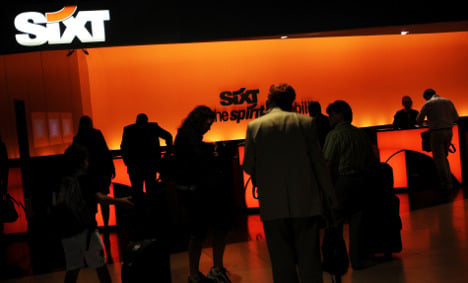From car sharing, long term leasing, organized-hitchhiking websites such as Mitfahrgelegenheit, to bike rental, there have never been so many ways to get around in Germany.
Sixt, which primarily offers standard short-term car rental, is concerned about becoming overtaken by the alternatives.
Thorsten Haeser, member of Sixt’s executive board told the Financial Times Deutschland newspaper on Tuesday, the company was going to expand into different areas.
“Whatever the trend, we are on it,” he said, promising more choice and flexibility for customers who no longer want to go between four or five providers to get different travel services.
And although Sixt is already offering a more long term leasing scheme, Haeser told the FTD he wanted to offer more options.
But this could also mean pushing car manufacturers and rental companies into the same market, the FTD suggested.
Haeser said he thought the market was big enough for all, and said that he “would not find it confrontational,” if more manufacturers began to dabble in the car rental market.
The FTD said there had been talk of Sixt being bought out for some time. If it were to happen, said Haeser, the idea that a car manufacturer would take it over was “pure speculation.”
He told the paper that he believed no manufacturer would throw themselves into a large scale car-rental venture, as “it is a completely different business model.”
“We shall see what the future holds,” he added.
The Local/jcw



 Please whitelist us to continue reading.
Please whitelist us to continue reading.
Member comments